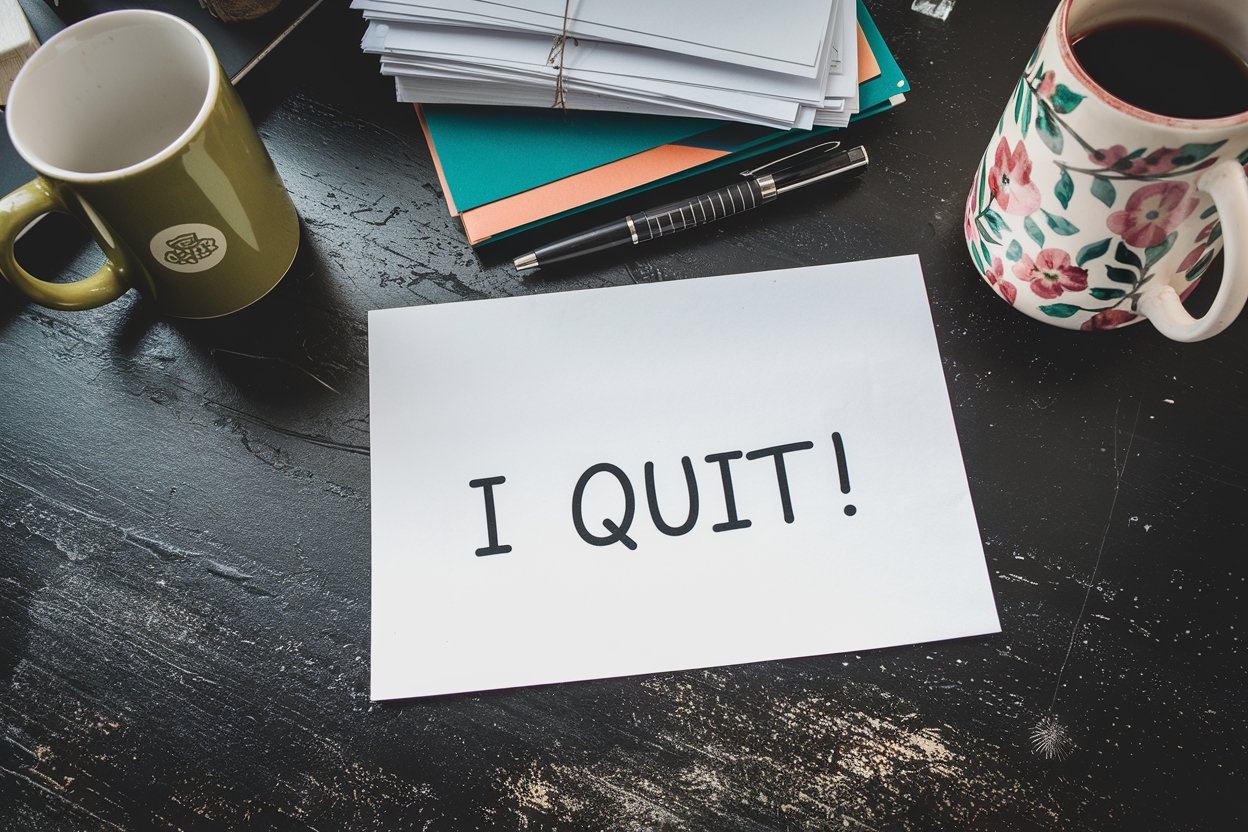
Strike
A Strike is a crucial process in event production where crew members take down and pack up equipment after an event is finished. This term is commonly used in the events, entertainment, and production industries. It's the final phase of any event where all equipment, staging, lighting, sound systems, and decorations are dismantled, packed, and removed from the venue. Understanding Strike management is important because it often needs to happen quickly (sometimes overnight) to return venues to their original state and avoid additional rental charges.
Examples in Resumes
Managed Strike teams of 20+ crew members for major music festivals
Coordinated overnight Strike operations for corporate events
Developed efficient Strike plans reducing teardown time by 30%
Led Strike and load-out procedures for multi-day conventions
Typical job title: "Strike Coordinators"
Also try searching for:
Where to Find Strike Coordinators
Professional Associations
Job Boards
Industry Networks
Example Interview Questions
Senior Level Questions
Q: How would you handle a Strike that needs to be completed in a very short time window?
Expected Answer: Look for answers that demonstrate experience in creating efficient tear-down schedules, managing multiple teams simultaneously, and having contingency plans. They should mention crew scheduling, equipment logistics, and venue requirements.
Q: Tell me about a time when you had to manage a Strike that went wrong and how you handled it.
Expected Answer: Strong candidates should share examples of problem-solving under pressure, like dealing with equipment issues, staff shortages, or venue complications, and explain how they maintained team motivation and met deadlines.
Mid Level Questions
Q: What safety procedures do you implement during a Strike?
Expected Answer: Should discuss basic safety protocols like proper lifting techniques, equipment handling procedures, clear communication systems, and ensuring adequate lighting and proper tools are available.
Q: How do you organize crews for an efficient Strike?
Expected Answer: Should explain team assignment strategies, task prioritization, and coordination between different departments (lighting, sound, staging, etc.).
Junior Level Questions
Q: What is the most important thing to remember during a Strike?
Expected Answer: Should mention basics like following safety procedures, maintaining organized packing systems, and clear communication with team members.
Q: How do you keep track of equipment during a Strike?
Expected Answer: Should describe basic inventory systems, equipment checklists, and proper labeling procedures for cases and cables.
Experience Level Indicators
Junior (0-2 years)
- Basic equipment handling and packing
- Following Strike plans and checklists
- Understanding of safety procedures
- Basic crew coordination
Mid (2-5 years)
- Strike team supervision
- Equipment inventory management
- Time management and scheduling
- Department coordination
Senior (5+ years)
- Full Strike operation management
- Budget control and resource allocation
- Risk assessment and management
- Multiple team coordination
Red Flags to Watch For
- No knowledge of basic safety procedures
- Lack of experience with equipment handling
- Poor time management skills
- Unable to work under pressure
- No understanding of venue protocols
Related Terms
Need more hiring wisdom? Check these out...

The Hidden Art of Salary Negotiation: How to Win Hearts Without Going Broke

Stop the Turnover Epidemic: Proven Tactics Every HR Leader Must Know

The Hidden Signs Your Best Employees Are About to Quit (And How to Stop Them)

